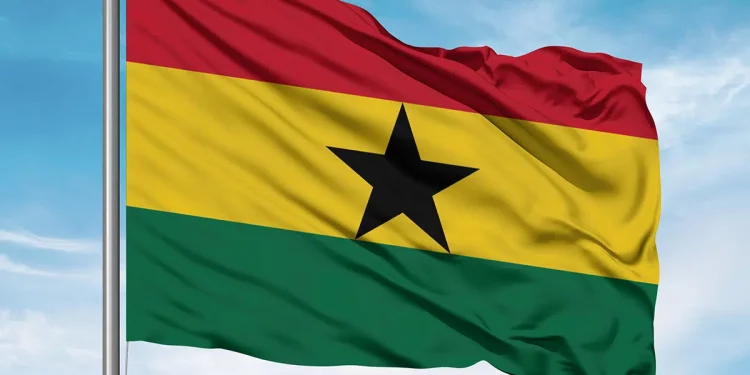Ghana’s debt service suspension spurs surplus in current account balance
Ghana has made a significant stride towards stabilizing its external accounts. The government’s decision to suspend external debt service payments has played a pivotal role in transforming the current account balance from a deficit to a surplus. This move, supported by data from the Bank of Ghana, has underscored the country’s efforts to rebalance its trade dynamics and address the mounting pressures on its foreign exchange reserves.
According to the latest figures released by the Bank of Ghana, Ghana’s trade surplus witnessed a substantial expansion in the first four months of 2023, reaching a notable $1.6 billion, equivalent to 2.2% of the country’s Gross Domestic Product (GDP). This surge in the trade surplus marks a significant improvement compared to the previous year, where Ghana recorded a trade surplus of ¢1.2 billion, accounting for 1.6% of GDP. The wider trade surplus can be attributed to a more pronounced decline in total imports, which contracted by 13.9% year-on-year, amounting to $4.0 billion. In contrast, total export revenue experienced a marginal decline of 3.6% year-on-year, reaching $5.6 billion.
The expansion of the trade surplus, coupled with a noteworthy improvement in the services accounts, has played a pivotal role in transforming the current account balance. In the first quarter of 2023, Ghana shifted from a deficit to a surplus, with the current account balance amounting to $661.4 million, equivalent to 0.9% of GDP. The Bank of Ghana has attributed this positive development to the suspension of external debt service payments and a surge in remittance inflows.
During the first quarter of 2023, inward remittances witnessed a robust growth of 16.3% year-on-year, reaching $1.2 billion. This increase in remittances, combined with the suspension of external debt service payments and the trade surplus, has propelled the current account balance into a surplus. The International Monetary Fund (IMF) has commended Ghana’s efforts in managing its external accounts amidst challenging circumstances.
However, concerns linger over the sustainability of Ghana’s current account surplus in the medium to long term. IC Research, a leading economic research institution, has cautioned that the ongoing negotiations with external creditors could potentially extend into late 2023. While the debt service suspension has provided a temporary reprieve for Ghana’s current account balance, a resumption of external debt service in 2024 could rekindle pressure if adequate debt restructuring measures are not implemented prior to the resumption.
To mitigate these risks and bolster its foreign exchange reserves, Ghana recently received the first tranche of $600 million under the ongoing IMF program. This infusion of foreign exchange inflows has provided much-needed support to Ghana’s gross international reserves, which stood at $5.7 billion as of May 19, 2023, equivalent to approximately 2.6 months of import cover. Despite this boost, IC Research emphasizes the lingering vulnerability of Ghana’s external account buffer, which exhibits limited capacity to accommodate real sector demand. This vulnerability heightens the country’s susceptibility to exchange rate shocks and presents a bearish outlook for real GDP growth.
Ghana’s decision to suspend external debt service payments has yielded positive outcomes, resulting in a surplus in the current account balance. The widening trade surplus, coupled with improved services accounts and robust remittance inflows, has contributed to this notable transformation. However, challenges persist, and Ghana must navigate the complexities of debt negotiations and secure debt restructuring measures to sustain its current account surplus. The coming months will prove crucial in determining the resilience of Ghana’s external accounts and its ability to chart a path towards sustainable economic recovery and growth.








